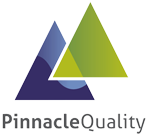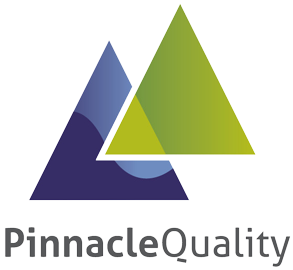Ethical trading issues, Ethical Audits, SMETA audits and preparing for audits
Once Corporate Social Responsibility (CSR) was a useful add-on to your business process. Now it’s essential.
Customers – and especially retail and government procurement customers – hate risk. And being exposed to supply chains that don’t meet CSR expectations is a very big risk, with the potential to cause lasting reputational damage.
What does that mean for you?
It means you may face a third-party audit of your company’s performance on CSR objectives. There are established CSR codes; you may be assessed against these. The best-known codes include the Ethical Trade Initiative (ETI) and standards set by The International Labour Organization (ILO).
So what is the audit process, what is involved, and how do you prepare for it?
Firstly, a CSR audit may not be necessary. There are a number of established frameworks against which you’ll be assessed. These frameworks determine whether a company needs an audit and, if so, what aspects of its work need to be audited. The SMETA audit framework is one of the best-known versions.
If some sort of CSR risk is involved, you may face a multi-day audit. This is a thorough process. It involves site inspection, extensive staff interviews and a review of company documents. This could be a long and disruptive process – if you’re not ready for it.
That’s where we come in. Pinnacle Quality understands the CSR codes and the SMETA audit framework. We can help your company understand the CSR process and, if necessary, prepare for a CSR audit.
If you’re not sure of your CSR risk, or even what CSR entails, come to us. Our advice will help you to reduce audit risk but, if an audit is likely, we can also help you to reduce audit time and clearly demonstrate your CSR responsibility.

